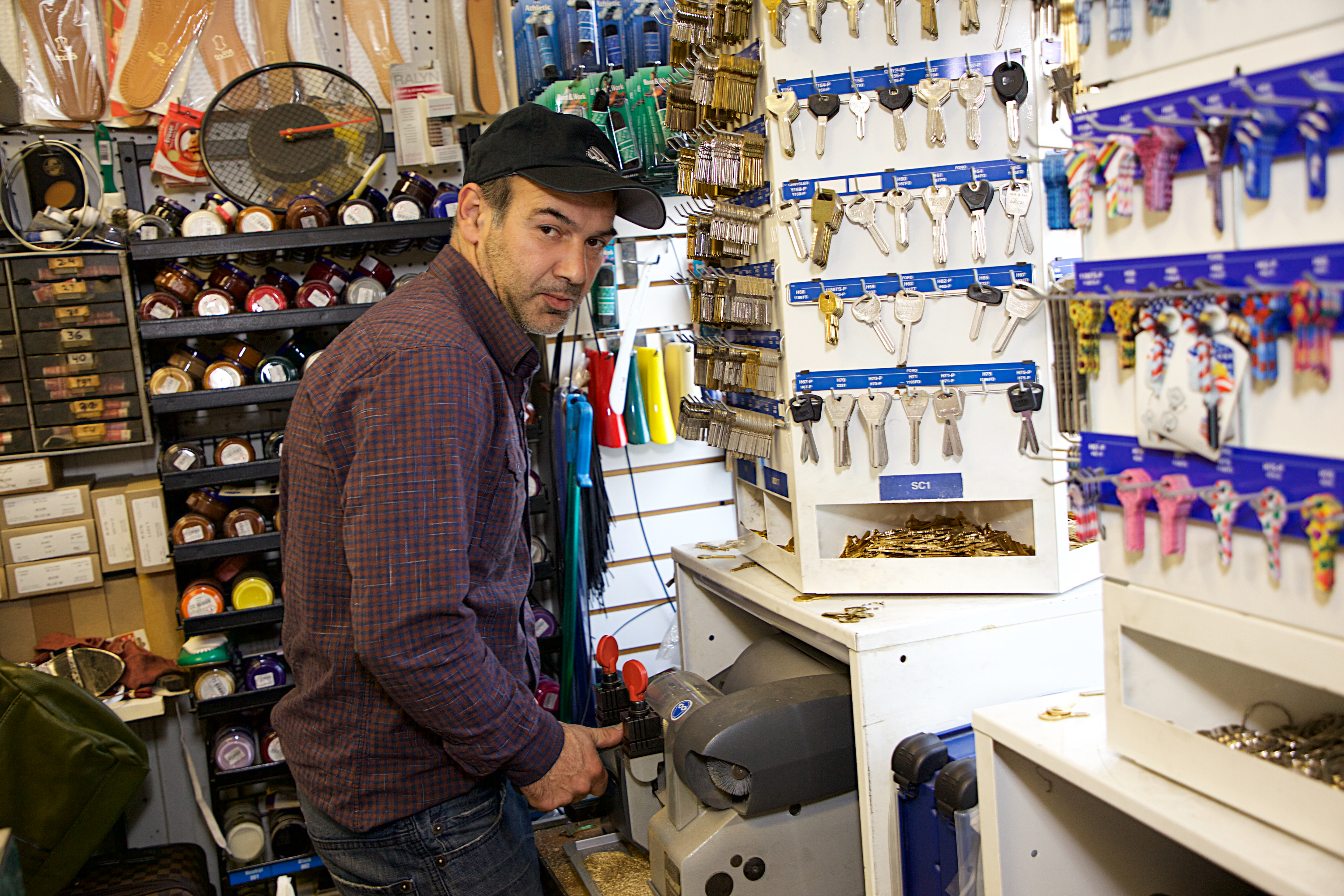Living Life to the End

In this last article in the series “Living Life to the End,” I have tried to do something a little different. Over the past year, I have met many families who have cared for loved ones for a long time. Often, members of the “sandwich generation” caring for both children and parents, these families had seen their loved ones through extended illness, dealt with the health care system in all its complexities, and learned how best to cope with the responsibilities and stresses of caring for someone ill. And they have accompanied their loved ones through hospice until the end of life.
Every caregiving experience is different, and there is no blueprint that can be laid out for everyone. But as in any complex undertaking, learning from those who have gone through it is a valuable way to gain perspective and avoid mistakes. To that end, this article will not present my own thoughts but the reflections of some of the families who have navigated these waters and shared their experiences with me. While many of these issues would merit a deeper look, this can serve as a guide for thinking about being a caregiver and inspire further discussion.



















